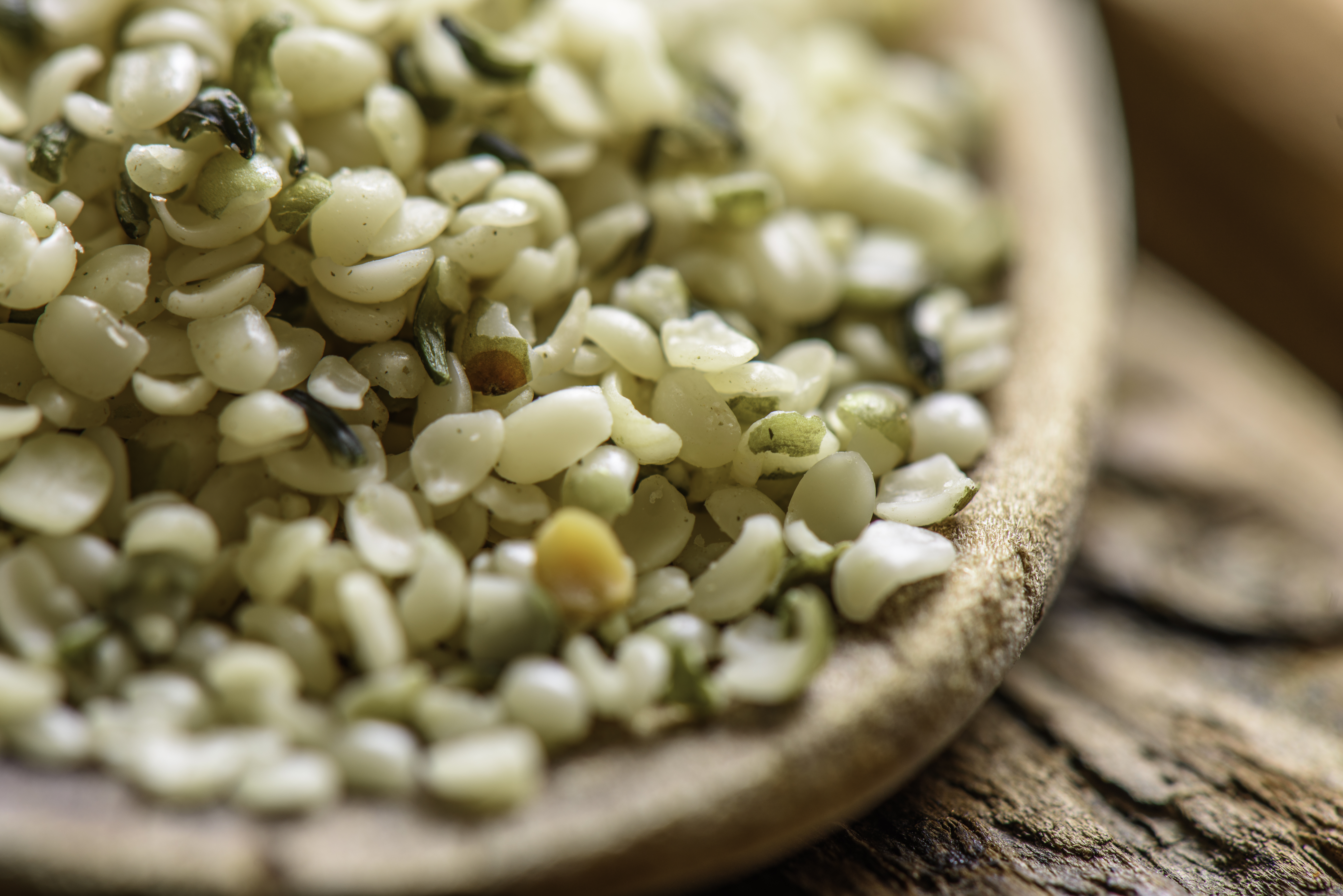- Print this page
- Download as PDF
- Share this page
NSW consumers can now find hemp food products on shelves following changes to the Food Standards Code to permit the sale of low THC hemp seed foods.
CEO of the NSW Food Authority Dr Lisa Szabo said the April decision by the Australia and New Zealand Ministerial Forum on Food Regulation to approve low THC hemp for sale as food came into effect in NSW yesterday, marking an exciting time for the existing hemp industry as it gears up for expansion.
“This marks the next step in growing the low THC hemp industry into a thriving agricultural sector of the future,” Dr Szabo said.
“Hemp is sustainably produced and has tremendous potential with regard to economic, trade and employment benefits, particularly for regional and rural areas.
“Great news for the existing hemp industry in terms of growth potential, and great news for local consumers who can now join 21 other countries across the world where people can choose a hemp food product.
Dr Szabo said low THC hemp was already legally grown in NSW under strict licensing conditions and part of its approval condition as sale for food was that there are strict limits on the levels of THC and cannabidiol (CBD) permitted in hemp seed foods, the marketing and labelling of the foods prevents suggestions of psychoactive effects and prevents branding links to illicit cannabis and prohibits any reference to the presence of CBD. This is in addition to the usual food labelling requirements such as date marking, an ingredients list, a nutrition information panel and having in place a food recall plan it the event that something goes wrong.
“Any previous concerns regarding road side drug testing were addressed via consumption trials that were undertaken as part of the approval process that found it is highly unlikely the consumption of low THC hemp foods would result in a positive road side reading,” she said.
“In a 2012 report prepared by the Bureau of Agricultural and Resource Economics and Sciences (ABARES) it estimated that approval of low THC hemp as a food could potentially increase the total Australian hemp seed yield from 93 tonnes in 2011, of which most was grown in NSW, to between 250 and 380 tonnes per annum.
“To put some perspective around the potential market value, in the US the Hemp Industries Association estimates the value of hemp based foods, supplements and body care sales to be between US$150-170 million per annum,” she said.
“In a show of the innovation our local industry is renowned for, Australian hemp growers are developing drought resistant varieties for the domestic and international markets, to further improve its viability as a crop.” 
